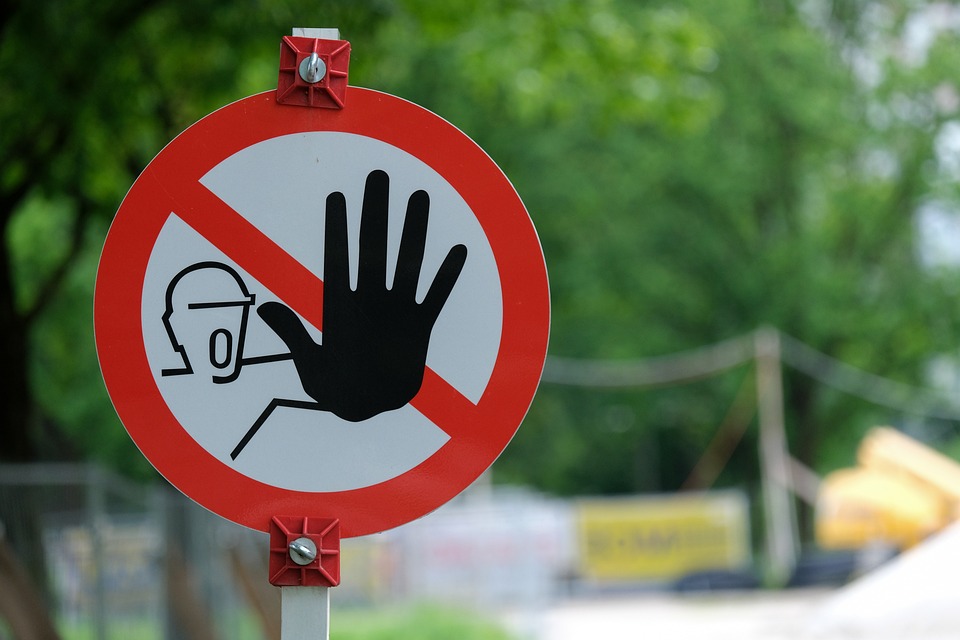This is just a quickly typed post to update on a recently changed situation.
New Censorship Action: Al-Manar TV Blocked
For the first time in modern times, major internet providers in Germany, including 1&1, Vodafone, and Telekom,
have been forced to block websites not related to child protection or EU sanctions.
This decision came after the Lebanese terrorist group Hizbullah's channel, Al-Manar TV,
was found spreading hate speech and terror propaganda.
The German government had already banned the channel in 2008 for its unconstitutional content,
but it continued to operate online.
On December 18, 2024, the Commission for Youth Media Protection (KJM) ordered telecom companies to block both the Arabic and English versions of Al-Manar TV's website. We were able to find two domains affected under these blocks. The reason? The site was found to spread content that undermines the values of a free and democratic society, which led to its classification as unconstitutional.
This marks the first time that German ISPs have been instructed to block websites for content other than child protection or compliance with EU sanctions in recent years.
Until now, the only types of blocks enforced in Germany have been related to child protection — targeting pornographic sites with inadequate safeguards — and Russian sanctions. However, these blocks have been largely ineffective, with operators bypassing them almost immediately.
Opinion
While blocking terrorist propaganda like Al-Manar might seem like a good step in keeping harmful content off the internet, such measures could lead to dangerous consequences. We all agree that such content is bad and harmful, but we need to pay attention about consequences that could follow from this. Blocking of content deemed 'unconstitutional' could lead to more censorship, potentially targeting other forms of expression that don't match with government or public views. What starts with targeting terrorism could end up restricting freedom of speech in more than necessary to protect public safety.
